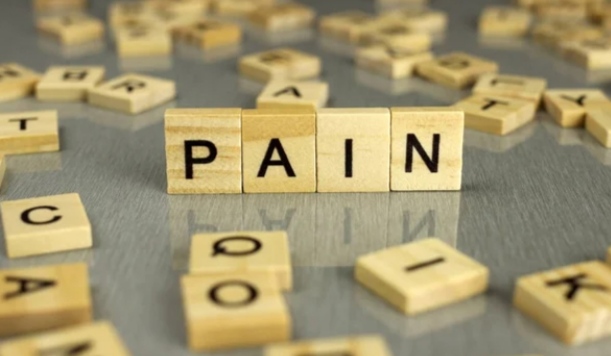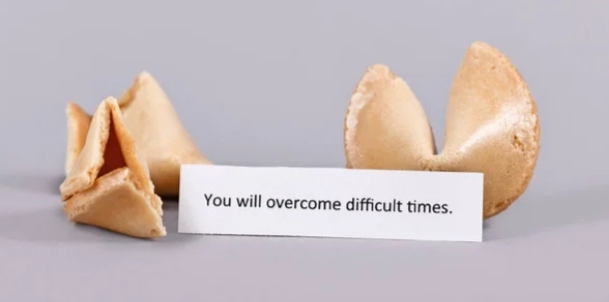
Have you ever felt like you are constantly being manipulated or controlled by others? Do you find yourself saying yes to things you don’t want to do or going along with someone else’s wishes even when it goes against your own instincts? If so, you may be being controlled by others without even realizing it.
Being controlled by others can take many forms and can be subtle or overt. It can come from friends, family, coworkers, or even strangers. The key is to recognize the signs of manipulation and take steps to regain control over your own life.
One common sign of being controlled by others is feeling guilty or obligated to do things you don’t want to do. This could be as simple as saying yes to a social engagement when you would rather stay home. It could also be as complex as giving in to a family member’s demands in order to avoid conflict. When you find yourself constantly sacrificing your own wants and needs for the sake of others, it may be a sign that you are being manipulated.
Another sign of being controlled by others is feeling like you have to conform to someone else’s expectations or standards. This could manifest in the way you dress, the way you act, or even the way you think. If you feel like you are constantly trying to please others or live up to their expectations, you may be falling victim to manipulation.
It’s important to remember that you are the only one who has control over your own life. You have the right to make your own decisions, set your own boundaries, and prioritize your own happiness.
If you find yourself feeling like you are being controlled by others, there are steps you can take to regain your independence.
First, it’s important to identify the source of the control. Is it coming from a particular person or group of people? Once you have identified the source, it’s important to communicate your feelings and boundaries clearly. Let the person know that you will not be manipulated or controlled, and be prepared to set limits if necessary.
It’s also important to learn to say no. It can be difficult to set boundaries and stand up for yourself, but it is essential in order to take back control of your own life. Practice saying no to things that don’t align with your values or goals. Learn to prioritize your own needs and desires.
Above all, remember that you are the one in charge of your own life. Don’t let others dictate your choices or control your happiness. Take back control and start living life on your own terms.









